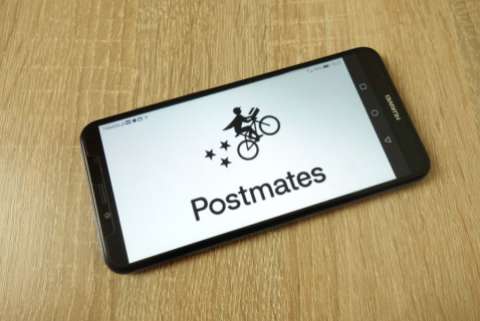Gig economy courier colossus Postmates received a favorable ruling from a district court within the Ninth Circuit in a recent Telephone Consumer Protection Act (TCPA) class action. Rogers v. Postmates Inc., Case No. 19-cv-05619-TSH, 2020 U.S. Dist. LEXIS 36626 (N.D. Cal. March 3, 2020) revolved around vicarious liability claims that the court did not find to be compelling.
The plaintiff’s claims stem from a text message that he received encouraging him to sign up to do Postmates deliveries, with a link to Postmates’s website. The plaintiff filed a class action, claiming that Postmates should be held vicariously liable for this message and other alleged messages sent to other putative class members. The plaintiff lived in Florida—something reflected in the fact that the text message specifically mentions deliveries in Fort Lauderdale—but Postmates is headquartered in San Francisco. As a result, the case was heard by a district court in the Ninth Circuit, which has stricter standards for vicarious liability than the Eleventh Circuit, which includes Florida district courts.
The plaintiff’s vicarious liability claims were conclusory allegations—the text seemed to benefit Postmates, therefore they must somehow be liable—with no actual evidence to support them. The standard for vicarious liability cases in the Ninth Circuit requires some factual evidence that defendant has some specific control over the conduct leading to the violations. The plaintiff was not able to produce evidence of such and the case was dismissed.





